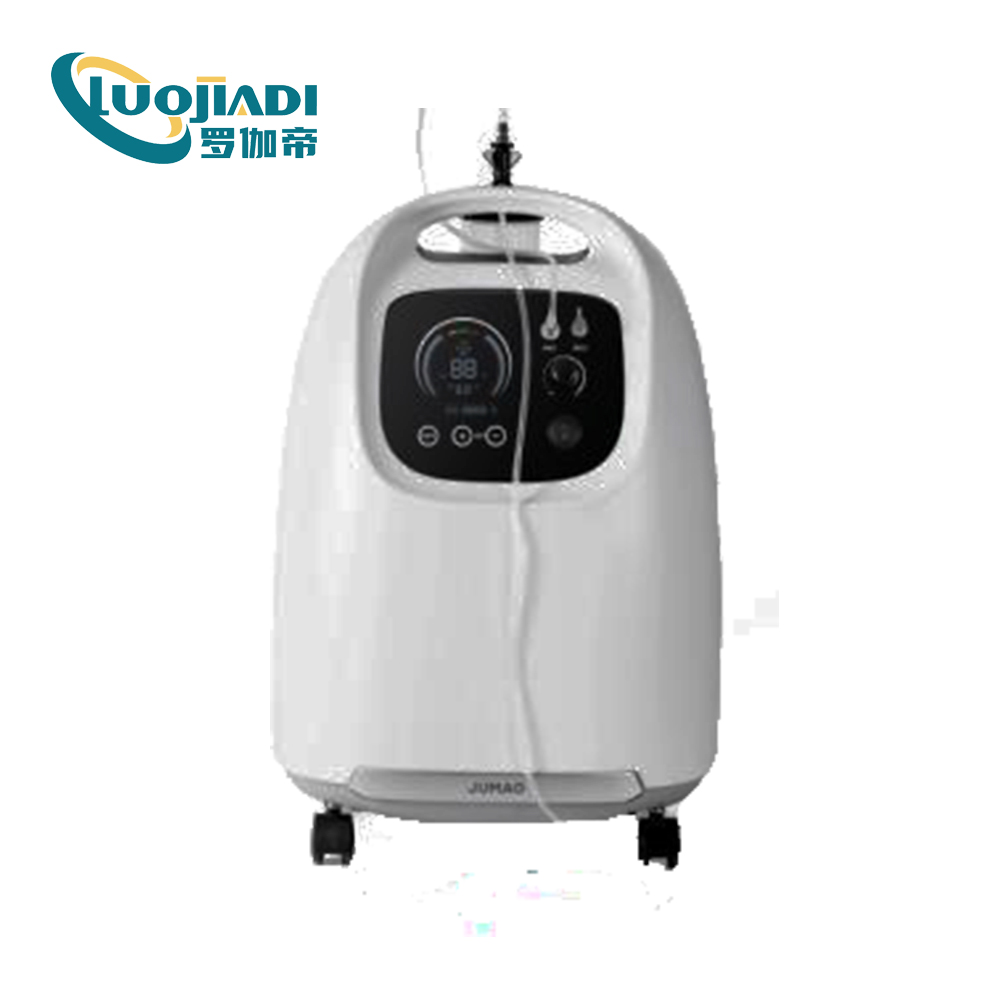On the evening of January 5th, Beijing time, IBM researchers announced five major innovations that are expected to change human life in the next five years. The forecast is called "IBM 5 in 5" and the data comes from 3,000 researchers in 12 laboratories on six continents.
The forecast focuses on the future of artificial intelligence and mental health, superhuman vision based on artificial intelligence, giant microscopes that can grasp the complexities of the earth, on-chip medical laboratories, and smart sensors capable of detecting environmental pollution. Innovations in these areas can greatly improve agriculture and energy efficiency, identify harmful pollutants in advance, and prevent physical and mental health problems in advance.
“Scientists have a fine tradition. They have created various devices to help us see the world from a completely different perspective. For example, microscopes help us see tiny objects that are invisible to the naked eye. Thermometers help us understand the temperature of the Earth and the human body.†IBM Research "With the advancement of artificial intelligence and nanotechnology, we plan to invest in the development of next-generation technology, so that complex systems that cannot be seen in today's world can be used," said Daril Gil, vice president of science and solutions at the hospital. The next five years will be presented to us."

"IBM 5 in 5" not only references market and social trends, but also considers new technologies being developed by IBM labs around the world.
Here are the latest forecasts for this year:
1. With artificial intelligence, language will become a window into insight into mental health.
There are currently one in five adults in the United States with mental health problems, whether it is neurological diseases (Huntington disease, Alzheimer's disease, Parkinson's disease) or mental illness (depression and mental disorder), about half of them suffer every year. People with severe mental illness are not treated. Globally, the cost of treating mental illness exceeds the sum of diabetes, respiratory diseases, and cancer. In only one country in the United States, the economic burden of psychological barriers is as high as $1 trillion annually.
If the computer is a black box that has not been fully understood by humans, then language is the key to opening this black box. Within five years, what we say and write will become indicators of physical and mental health. The new cognitive system can help doctors and patients better predict, monitor, and track these diseases by analyzing language and writing patterns to understand early signs of mental and neurological diseases.
IBM scientists use machine learning techniques to analyze text and speech records during psychiatric examinations, looking for forms that can help clinicians accurately predict and monitor mental disorders, schizophrenia, mania, and depression. Currently only about 300 words are needed to help clinicians predict the probability of someone having a mental illness.
Similar technologies can help patients with behavioral diseases such as Parkinson's disease, Alzheimer's disease, Huntington's disease, post-traumatic stress disorder (PTSD), and even autism and attention deficit hyperactivity disorder (ADHD). Cognitive computers can analyze the patient's language and writing content, and find some meaningful indicators, including language meaning, syntax and intonation.
Integrating these results with the data provided by the wearables and the magnetic resonance and EEG scan data provides a more comprehensive picture that helps doctors better diagnose, understand and treat underlying diseases.
The invisible signal will be a clear signal to determine whether the patient has entered a certain state of mind, or to measure the specific effects of the treatment plan, supplementing the routine clinical assessment.
When human beings have experienced disasters, we know that life and health are so precious.
dizziness and restlessness.
of human survival.
• Benefits of Oxygen:
Inhalation of oxygen can improve the level of arterial blood oxygen partial pressure and oxygen
saturation of the body, in addition to promote the metabolism of the body, and is also one of the very
important methods for auxiliary treatment of a variety of diseases. Oxygen inhalation can make the
oxygen in the human tissue more abundant, cells will get sufficient oxygen supply after the
metabolism will be more active, normal people will have a refreshed, memory improved, spirit feeling.
Patients with chronic heart and lung diseases, long-term oxygen inhalation can delay the aggravation
of the disease, at the same time, but also can relieve the symptoms of chest tightness, wheezing and
dyspnea of patients. Especially when working under great pressure, they are prone to dizziness,


Oxygen concentrator,oxygen machine,medical oxygen machine,home use oxygen machine
Shanghai Rocatti Biotechnology Co.,Ltd , https://www.ljdmedicals.com
